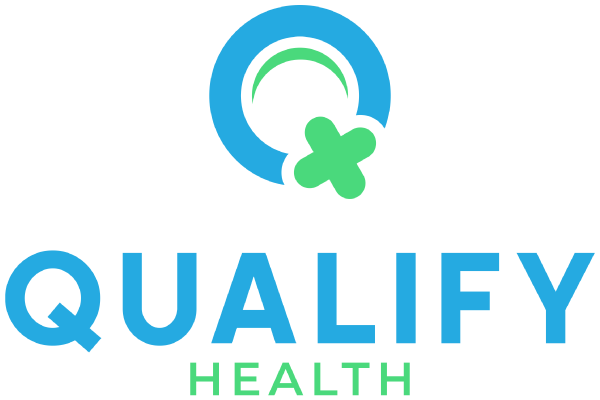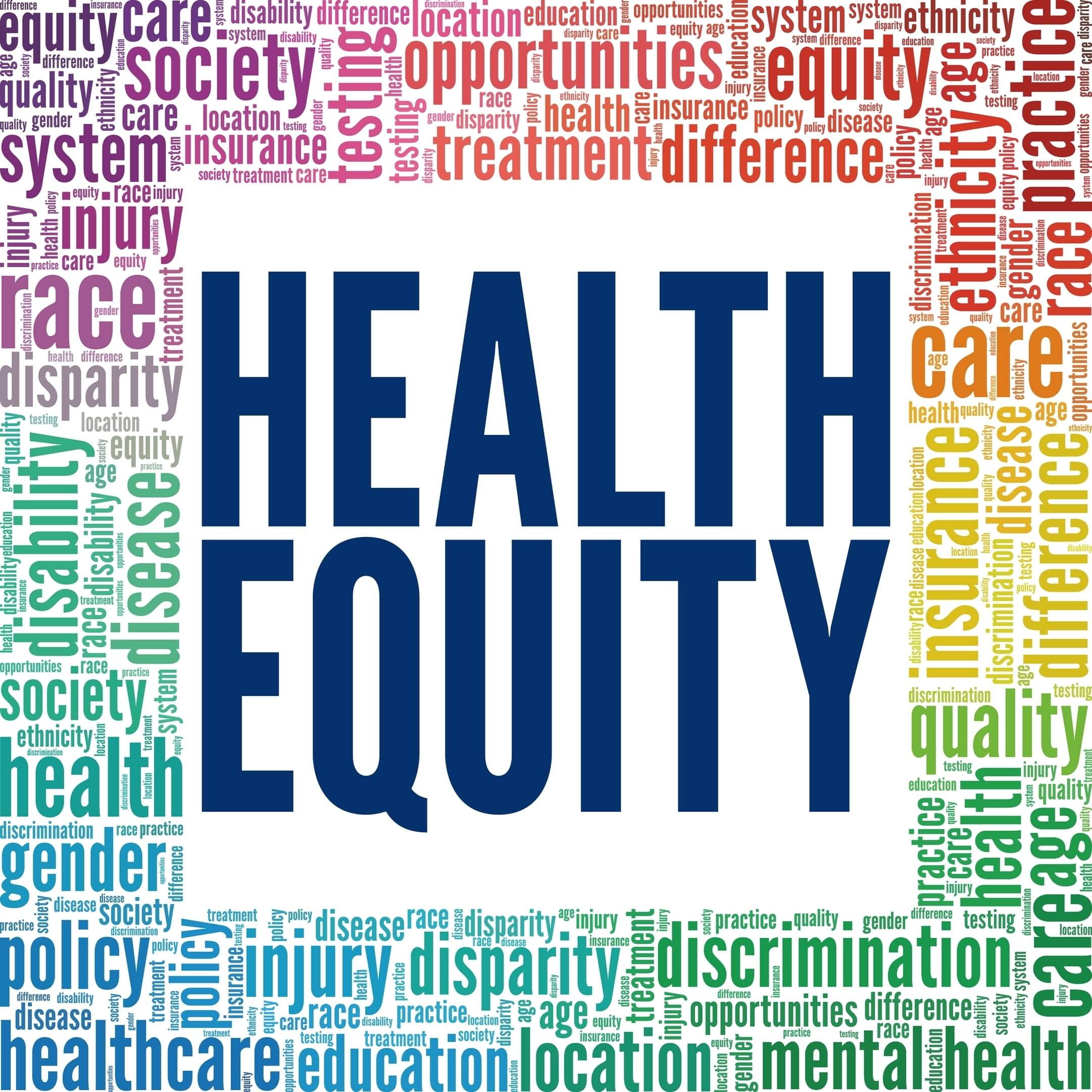Health equity has become a key focus in healthcare, and it’s making headlines and hospitals across the country are being tasked with playing a critical role in the health equity movement. As anchors in their communities, hospitals can harness their economic power and community linkages to shape change.
The CDC has defined ‘Health Equity’ as “The state in which everyone has a fair and just opportunity to attain their highest level of health” and has highlighted that the following societal efforts need to occur
- Address historical and contemporary injustices;
- Overcome economic, social, and other obstacles to health and health care; and
- Eliminate preventable health disparities
The one area that healthcare organizations can make the fastest and most significant impact is by addressing #2: Overcoming economic, social, and other obstacles to health and health care; which we will be addressing in this blog through three avenues that are at a hospitals fingertips.
- Food Insecurity
Food insecurity is a major issue for many individuals and families in the US, and it has been estimated that more than 37 million Americans are food insecure. This means that they do not have reliable access to enough affordable, nutritious food to lead an active, healthy lifestyle. Food insecurity can lead to health issues such as obesity, diabetes, heart disease, and even mental health conditions due to the lack of proper nutrition.
- Transportation
Another significant barrier to care for many individuals is transportation, especially those in need of medical care. The geriatric population and those suffering from chronic illness are particularly vulnerable to this issue due to their limited mobility and financial resources. Without access to reliable transportation, these individuals may have difficulty accessing the necessary health services they need due to time or distance constraints. This can lead to delayed diagnosis or treatment, resulting in poorer health outcomes overall.
- Housing Instability
An estimated 18 million Americans, face issues with housing instability. Housing insecurity can lead to poor health outcomes due to inadequate living conditions, lack of access to medical care, and increased stress levels caused by financial difficulty.
What Eskenazi Health is Doing to Overcome Health Disparities in their Community
Eskenazi Health in Indianapolis is taking diligent steps in its fight against health inequity through its latest initiative. The multifaceted approach seeks to reduce barriers for those most vulnerable and at risk for poor health outcomes due to social determinants of health such as food insecurity, transportation, and housing instability. Eskenzai Health Foundation received $36 million towards the $60 million Health Equity Campaign. Through this campaign, the hospital system intends to make strides toward creating a stronger, healthier community by addressing these issues head-on.
Eskenazi Health’s health equity initiative is an example of how communities can proactively address healthcare disparities. This campaign will not only reduce barriers for members of the community but also raise awareness of the health inequities present in our society and work towards a more equitable healthcare system. Eskenazi Health is actively working to ensure those most at risk are provided with access to necessary resources for a healthy lifestyle. By continuing its efforts, Eskenazi Health is well on its way to creating a healthier and more equitable community for all.
Sourcing funds for managing long-term or chronic illness is a key element needed to reduce the financial burden placed on patients. Qualify Health’s Patient Financial Advocacy solution makes it easy for hospitals to help their patients obtain financial assistance such as co-pay, premium, transportation assistance, and more. This financial assistance enables patients to pay for the treatment they need as well as living expenses instead of having to choose.
For more information about Patient Financial Advocacy Solutions, contact Qualify Health at (888)770-7191.

